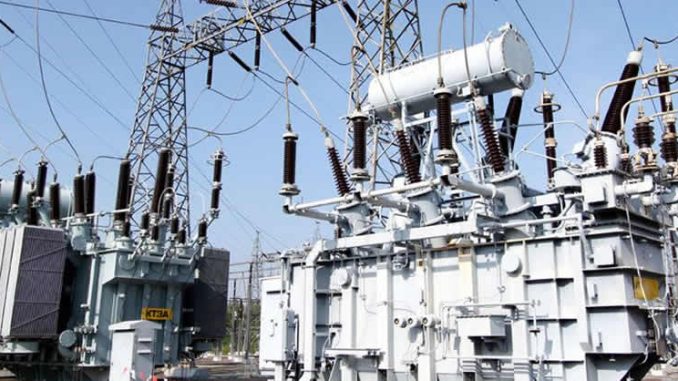Says Kainji, Jebba lose N21.87bn Machines most impacted, expert
POWER generation companies have expressed concern over the adverse effects of frequent electricity grid collapses in the country, warning that the issue poses a significant threat to the power supply industry.
So far this year, the national power grid, managed by the Transmission Company of Nigeria (TCN), has collapsed a dozen times, leaving businesses and operators grappling with significant losses.
Speaking at a training workshop organized by the Association of Power Generation Companies (APGC), the association’s Chief Executive, Dr. Joy Ogaji, highlighted the significant mechanical and commercial impacts of grid collapses on generation companies (GenCos).
Although the full industry-wide impact on GenCos is yet to be quantified, Dr. Ogaji revealed that the Kainji and Jebba hydro plants alone have incurred losses of N21.87 billion due to system instability this year.
She said: “Given the frequency of grid collapses in the country and the impact of it on our business we have thought it wise to provide clarification on how it affects our businesses.
“While we certainly need a huge jump in our electricity supply projection, it is imperative to preserve lives and equipment to sustain our rapid economic growth and meet the growing demand, we therefore need to make every effort to efficiently manage all stages of the value chain with intentional focus on maximizing efficiency in the entire electricity chain.
“Grid collapse poses a significant threat to Nigeria’s power sector, resulting in frequent disruptions, equipment damage, and substantial revenue losses for GenCos. Technically, grid collapse can cause catastrophic damage to generators, transformers, and other critical infrastructure, leading to prolonged downtime and costly repairs”.
She added: “Commercially, the impact is equally severe, as GenCos face reduced power sales, penalties for non-delivery (in bilateral and cross border trades), and increased operational expenses. The dwindling resources exacerbate these challenges, making it difficult for GenCos to maintain, repair, and replace damaged equipment, ultimately compromising the reliability and efficiency of the power supply”.
In his presentation, Engr. Jacob Barasuno, Operations Supervisor, Mainstream Energy, said frequent grid collapses have damaged many equipment at the Kainji and Jebba power plants.
Engr Barasuno explained due to system instability GenCos were unable to meet monthly and annual power power generation targets which has in turn affected efforts to meet bilateral and other contractual obligations.
Also speaking, power industry expert, Prof Steve Ogaji noted that for thermal power plants the situation was particularly dire.
Ogaji disclosed key machine components were being lost due down time and frequent machine start-ups in the plants. He added that large volumes of gas were also wasted during this period.
He disclosed that it takes about $5,000 worth of gas to power a thermal turbine per hour.
READ ALSO: https://thereporterng.com/safety-nets-for-poor-vulnerable-nigerians-is-a-priority-tinubu-tells-imf-chief/ https://thereporterng.com/fgn-ifad-vcdp-supports-over-25000-benue-farmers-npc/ https://thereporterng.com/youths-conference-shettima-reaffirms-fgs-commitment-to-youth-empowerment/
He listed some of components impacted by grid instability to include: combustion liners, flow sleeves, crossfire tubes and fuel nozzles.
“The resultant to these hardwares take billions of dollars to fix”, he declared.
He added that “the economic cost of power shortages is estimated at around $28 billion annually- equivalent to two percent of the Gross Domestic Product, GDP”.

